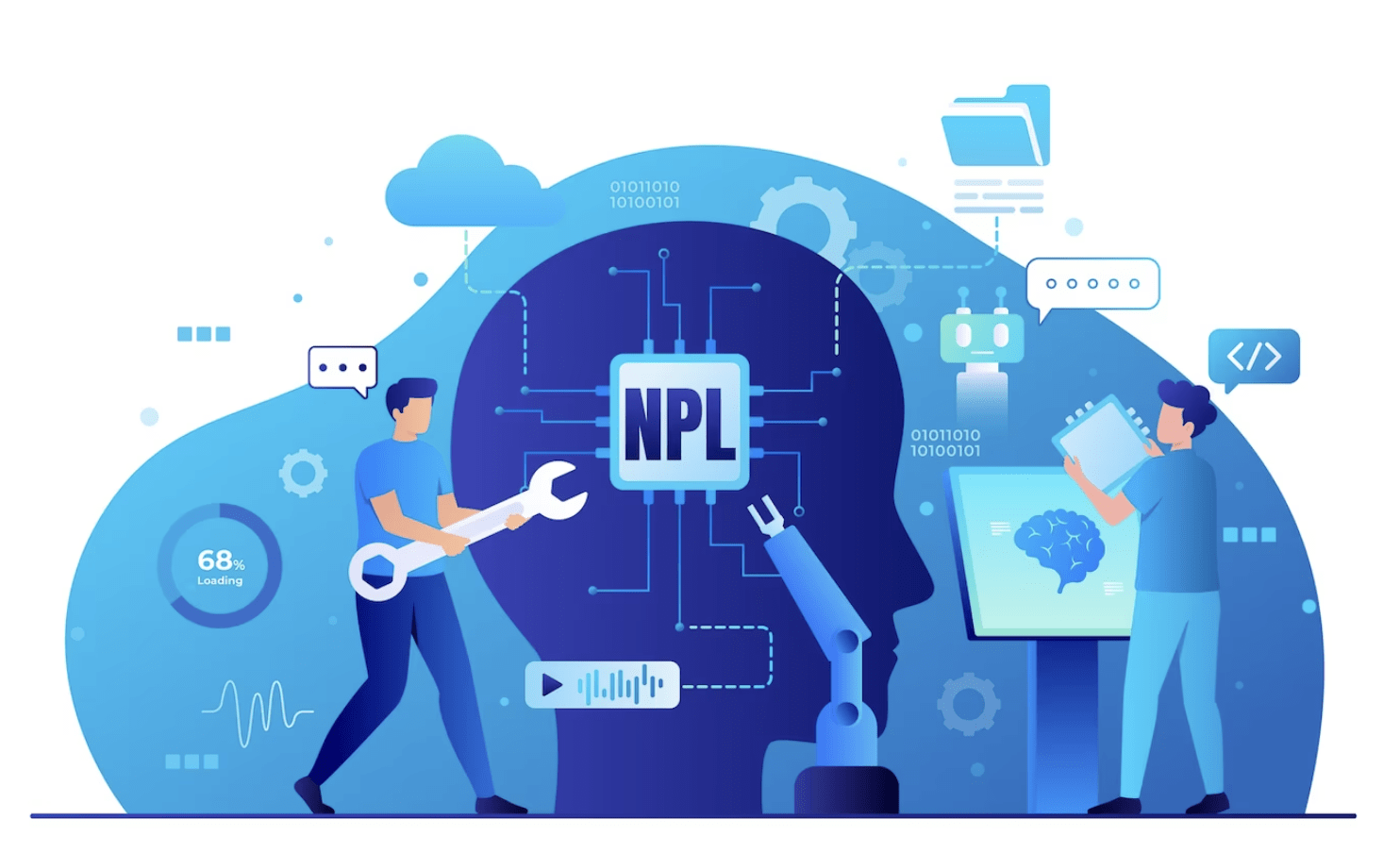
Introduction: Artificial Intelligence (AI) has become a game-changer in various domains, from healthcare and finance to transportation and entertainment. However, along with the immense potential of AI, there are ethical considerations that arise as well. As AI continues to advance and become more prevalent in our daily lives, it is crucial to navigate the moral implications associated with it. In this blog post, we will explore the ethical considerations in AI and discuss how organizations and society can address them responsibly.
Content:
- The Ethical Landscape of AI: In this section, you can discuss the ethical landscape of AI, including the moral implications and challenges associated with its development, deployment, and impact. Topics can include bias and fairness in AI algorithms, accountability and responsibility in AI decision-making, transparency and explainability of AI systems, and the potential for misuse of AI in areas such as surveillance, privacy invasion, and autonomous weapons.
- Ethical Principles in AI: This section can cover the ethical principles that can guide the responsible development and use of AI. Topics can include fairness, transparency, accountability, integrity, and explainability in AI systems. You can discuss how organizations can adopt ethical frameworks, guidelines, and best practices to ensure that AI is developed and used in a responsible and ethical manner.
- AI and Social Justice: In this section, you can discuss the role of AI in social justice and fairness. You can explore how AI can perpetuate or exacerbate existing social inequalities, such as bias in facial recognition technology, hiring algorithms, and criminal justice systems. You can also discuss how organizations can ensure that AI systems are designed and used in a way that promotes social justice, inclusivity, and diversity.
- Human-Centric AI: This section can focus on the importance of human-centric AI, where the well-being and empowerment of humans are at the center of AI development and deployment. Topics can include human oversight of AI decision-making, human augmentation with AI, and ensuring that AI serves the best interests of humanity. You can also discuss the need for interdisciplinary collaboration between AI developers, ethicists, policymakers, and other stakeholders to ensure that AI aligns with human values and societal needs.
